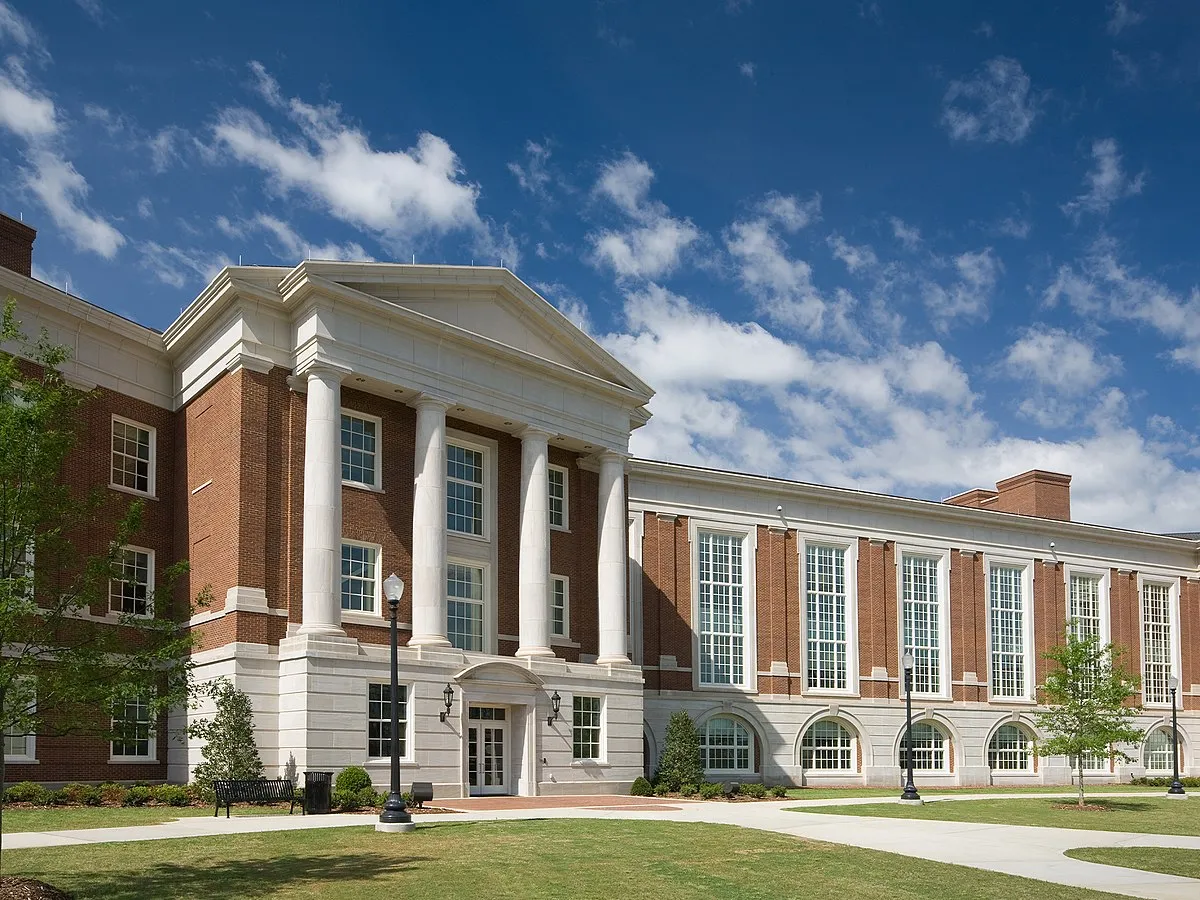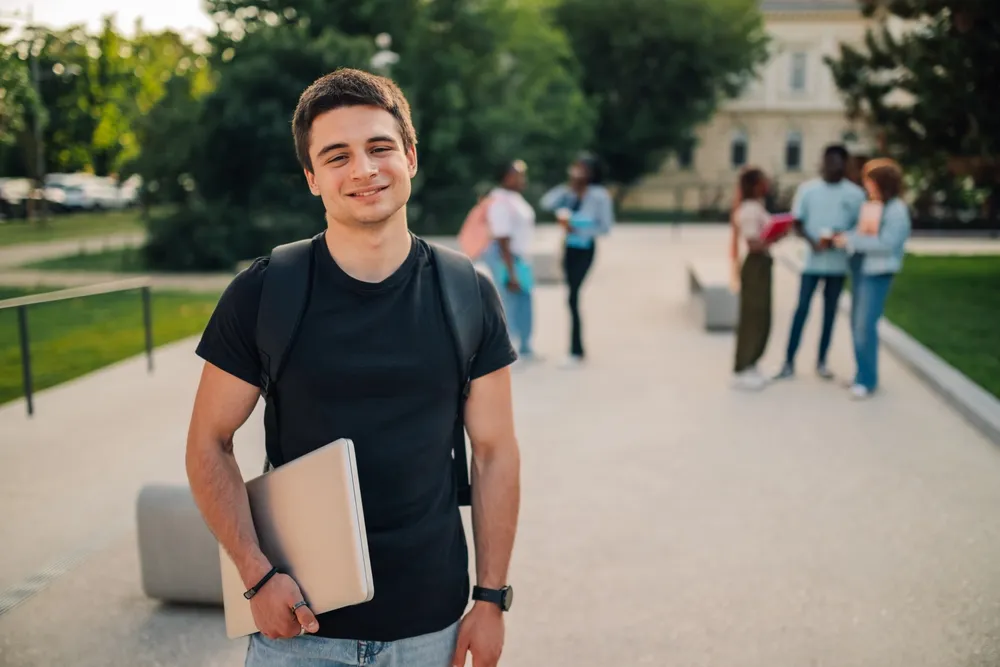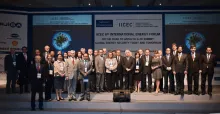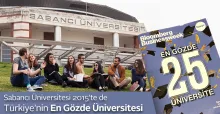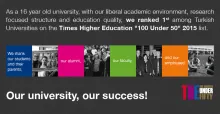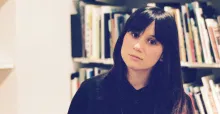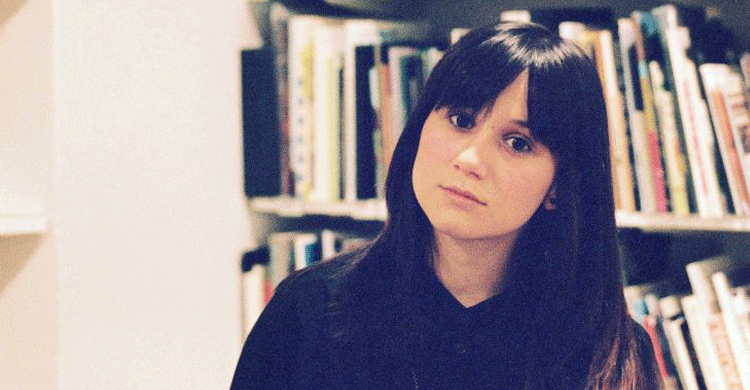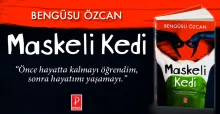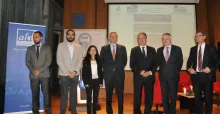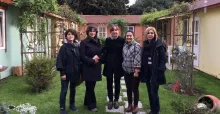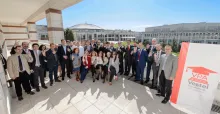18/05/2015
Giving a speech at the 6th IICEC International Energy Forum where On the Road to G-20 Antalya Summit: Global Energy Security Today and Tomorrow was discussed, Güler Sabancı said:

"We expect the report of IICEC, reviewing the energy import of Turkey, to provide guidance to the new government"
"Paris Summit is of critical importance for the world in terms of climate change"
The 6th IICEC International Energy Forum organized by the Sabancı University Istanbul International Center for Energy and Climate is held with the theme "On the Road to G-20 Antalya Summit: Global Energy Security Today and Tomorrow" this year.
Making the opening speech of the summit, Güler Sabancı, the Founding Chairman of the Sabancı University Board of Trustees, said, "G-20 and B-20 summits will be held in Antalya in November and chaired by Turkey. This brings us additional opportunities and responsibilities about the matters that are important for the world."
Dr. Fatih Birol, the Honorary Chairman of the IICEC Steering Committee and the Chief Economist of the International Energy Agency, said, “We are waiting for a signal to the energy world from Paris. There should be more investment on energy efficiency, solar energy and nuclear energy, and the way should be cleared for the investors for more investment."
Istanbul, May 15, 2015 - Organized by the Sabancı University Istanbul International Center for Energy and Climate (IICEC), the sixth IICEC International Energy Forum took place at the Conrad Hotel Istanbul, hosted by Güler Sabancı, the Founding Chairman of the Board of Trustees of the Sabancı University, and Dr. Fatih Birol, the Honorary Chairman of IICEC Steering Committee.

Stating that IICEC has proven itself as the most important intellectual leadership platform for exchanging ideas and opinions in two very important matters such as energy and climate during the last six years, Güler Sabancı said, "Organized by the Sabancı University Istanbul International Center for Energy and Climate (IICEC), this high level government, industry and academy forum is a unique event for the energy industry of both Turkey and the region. The aim of IICEC is to gather the universities, industry and public sector together in a platform and offer policy recommendations. I believe with all my heart that the role of IICEC as the "north star of energy" will reinforce further with its increasingly expanding network and intellectual leadership."
"We expect the report of IICEC to provide guidance to the new government"
Emphasizing that IICEC issued its first report and discussed energy import of Turkey, Güler Sabancı, the Founding Chairman of the Sabancı University Board of Trustees, stated the following about the report, which they expect to provide guidance to the new government:
"The local energy resources are insufficient against the increasing energy demand of Turkey, and our country maintains its net importer position. I believe this report, which is related to energy having an important share both in our import and current deficit, is an evaluation made timely considering the targets for the year 2023. IICEC report points out the following: Although the recent decrease in the energy prices appears as alleviating the burden of import, this is a temporary situation and the energy prices are expected to not remain at this level. As the import burden will increase when the energy prices increase, it is possible that the problem will grow apace if the required structural measures are not taken. The increase in import dependency also intensifies the risks related to the energy security of Turkey. According to the ordinary course scenarios, the energy import bill of Turkey would be doubled by the year 2023. Therefore, it would be useful to see the lowness of oil prices in this period as an opportunity, to decrease the import dependency of Turkey in energy, and to take structural measures."
"Hosting the G-20 and B-20 brings us additional opportunities and responsibilities about the matters that are important for the world"
Emphasizing that the G20 and B-20 summits to take place in Antalya in November bring additional opportunities and responsibilities to Turkey about the important matters in the world, Sabancı said, "The global energy system features greatly varying opportunities and challenges. In this dynamic energy circle, there is a topic that still remains in the first place of the agenda: Energy security, in other words 'finding the energy resources continuously for a reasonable price'. We named this year's Forum as 'On the Road to G-20 Antalya Summit: Global Energy Security Today and Tomorrow'. In the long term, energy security covers the economical progresses and the energy investments to be made according to the environmental needs.
On the other hand, short term energy security includes the capability of quickly responding to the instant changes in the supply-demand balance of the energy system. In this context, as a multi dimensional topic, the energy security requires effective strategies in various fields from geopolitics to strategy investments, energy networks to emergency response."
"Climate change is a global threat, so it requires global solutions"
Pointing out that the United Nations Climate Change Convention will meet in Paris and a convention will be signed drawing the frame of the works to be carried out on alleviating the negative impacts of the climate change, as well as the compliance, Güler Sabancı said, "Paris Conference will have a great role in determining how the world we will leave to the next generations be. Climate change is a global threat beyond all the borders. Therefore, it requires global solutions. There are still more than 1,3 billion people in the world without secure access to energy! In order to eliminate this global problem, energy investments and 'energy access for everyone' has an important place in the energy agenda of G-20. B-20 community will evaluate the background of the energy applications and make recommendations for a more sustainable energy trade. As the Co-Chairman of the B-20 Trade Task Force, I truly believe that the G-20 and B-20 summits will provide effective solutions for the global energy problems."
Sabancı celebrated Dr. Fatih Birol, the Honorary Chairman of IICEC, who is elected as the Executive Director of the International Energy Agency with the unanimity of 29 member countries, and wished him luck in his new position. Sabancı said, "I truly believe that the International Energy Agency, with the leadership of Dr. Birol starting from September 1, will provide significant contributions to the strategies established for a more secure, more reliable, efficient, sustainable and competitive future for the energy in the world."

Dr. Fatih Birol: “The decisions to be taken in Antalya will set the direction for the world”
During his speech, Dr. Fatih Birol, the Honorary Chairman of the IICEC Steering Committee and the Chief Economist of the International Energy Agency, profiled the G-20 members. Pointing out that the G-20, which constitutes 80 percent of the global economy and where more than two third of the global population live in, consumes 80 percent of the energy, Dr. Birol stated that three quarters of the energy investments are realized by these countries. Dr. Birol indicated that more than 80 percent of the carbon dioxide emissions are also caused by the G-20 and said, "The decisions to be taken and the direction to be set this year in Antalya might have an important impact on the global economy. This year, Turkey has developed an important concept; ''comprehensiveness"... This brings a holistic approach for the entire world. It shows that we do not forget about the less developed regions of the world."
Emphasizing the lack of energy in Africa and sharing interesting figures during his speech, Dr. Birol continued, "Africa has big energy resources in terms of natural gas and oil. 30 percent of the new oil field discoveries in the world are in the Sub-Saharan Africa. Coal is still an important energy resource. It is possible to use solar energy 330 days of the year in Africa. But among approximately 45 countries in Africa, only 4 countries are able to give electric energy to 50 percent of their citizens, in other words to each one person out of two. The energy consumption of total 800 million people in Africa is equal to the consumption only in New York. This is a serious global problem. It is required to deliver energy to the people, thus to make more investment for this. This year, Turkey brought into its agenda the topic of making investment to the Sub-Saharan Africa this year."
"The decrease in the energy prices served to the middle and high income groups"
Indicating that the subsidies applied to the fossil fuels in the entire world constitutes an important problem, Dr. Fatih Birol said, "Total 500 billion dollars of subsidies in the world reduce the prices of oil and natural gas. But these subsidies increase the carbon dioxide emission. At first, we thought low prices will be good for poor people, but 8 percent of 500 billion dollars were used for the low income group, which constitute 20 percent of the population. The middle and high income groups benefit more from this support as middle and high income groups of the developing countries consume more energy. Therefore, there are works carried out for disabling the subsidies related to the fossil fuels."
Dr. Birol pointed out that several power plants operated with coal will be built in the world as coal is an inexpensive energy resource and stated that it will positively contribute the climate change if these are high efficiency power plants.
Dr. Birol: “We are waiting for a signal to the energy world from Paris"
Dr. Birol stated that the energy industry constitutes 80% of the carbon dioxide emissions and said, "It is impossible to take serious steps about the climate change without solving this problem in the energy industry. During the last 100 years, the use of coal, oil and natural gas increased significantly. We used half of the budget granted to us by the nature. The researches show that, in 2040, we would already spent the entire budget granted by the world to us. We will get used to live in a totally different world after that date. So, we are waiting for a signal to the energy world from the Climate Summit 2015 to take place in Paris. There should be more investment on energy efficiency, solar energy and nuclear energy, and the way should be cleared for the investors for more investment."
The people shaping the energy industry in the world met in Istanbul for the sixth time
Gathering the stakeholders of the governments and the energy industry together in Istanbul, the 6th International Energy Forum discussed the current status and future of the oil, natural gas and electricity investments in Europe, Turkey and Middle East in parallel to the recent political developments.
The forum organized with the theme "On the Road to G-20 Antalya Summit: Global Energy Security Today and Tomorrow" served as a platform setting the ground for energy discussions that will become prominent in the G-20 Summit to take place in Antalya in November.
Two panels, "Energy Security: Expectations of the Governments from G-20" and "Expectations of the Business World from B-20", were held following the speeches of the Special Advisor to Prime Minister of Japan Eiichi Hasegawa, and the Energy Counselor of the Secretary, DOE, USA Melanie Kenderdine.
Dr. Walter Steinmann, State Secretary for Energy, Switzerland; Ana Palacio, Former Minister of Foreign Affairs and Member of the Council of State, Kingdom of Spain; Cansen Başaran–Symes, President, Board of Directors of Turkish Industry & Business Association (TÜSİAD); Gabor Kiss, Ambassador of Hungary to Turkey; Dr. Sergiy Korsunskiy, the Ambassador of Ukraine to Turkey; Dr. Johannes Teyssen, the CEO of E.ON SE; John G. Rice, the Vice Chairman of GE and Dr. Werner Brinker, the CEO of EWE AG, were also among the prominent guests of the forum traditionally organized by IICEC since 2010 for the future of a more secure, sustainable global energy.

